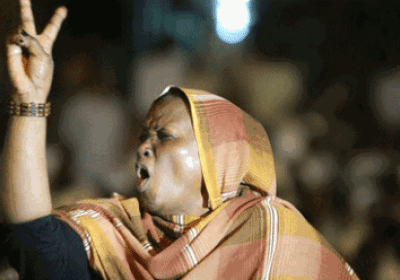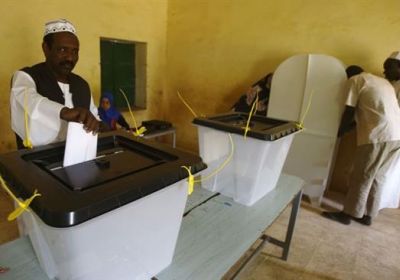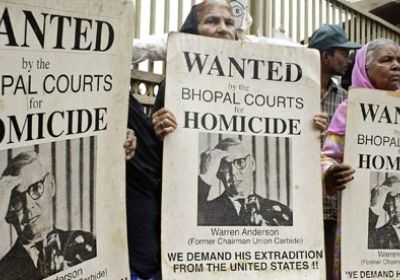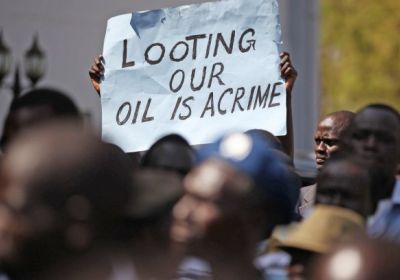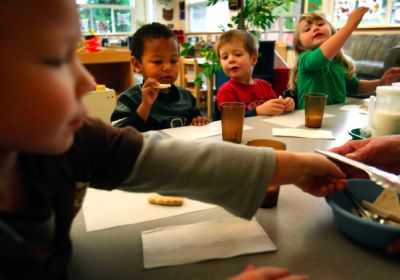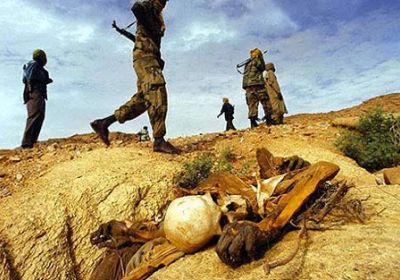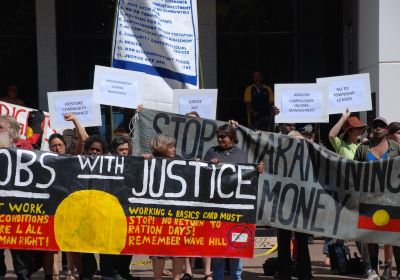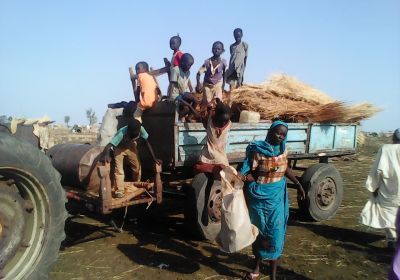
The Sudanese Armed Forces (SAF) and the National Intelligence and Security Services (NISS) have forcibly relocated more than 25,000 Ingessana people from the Bao region in Blue Nile between April and July.
The relocations to other parts of the state are part of a deliberate campaign of ethnic cleansing designed to weaken opposition to the SAF’s armed offensive in the region. Blue Nile in Sudan’s south, along with neighbouring state South Kordofan, has been subjected to a concerted SAF aerial and ground assault since 2011.
 South Kordofan residents at a makeshift UN camp near Kadugli.
Amnesty International released a report on August 3 detailing horrific war crimes committed against the people of South Kordofan by the Sudanese Armed Forces (SAF) and its militias.
South Kordofan residents at a makeshift UN camp near Kadugli.
Amnesty International released a report on August 3 detailing horrific war crimes committed against the people of South Kordofan by the Sudanese Armed Forces (SAF) and its militias.
